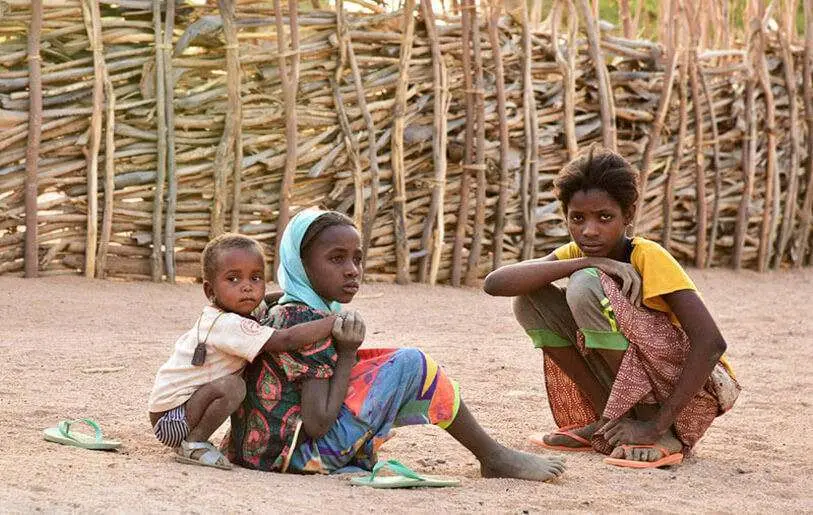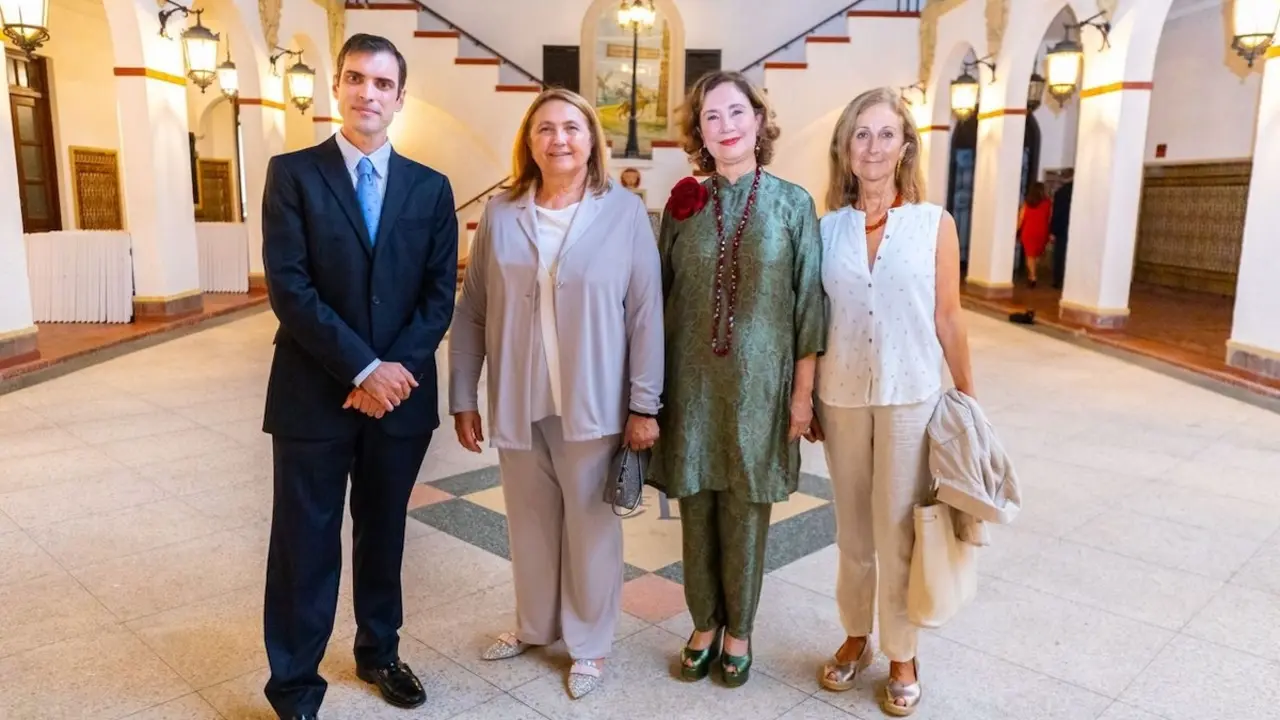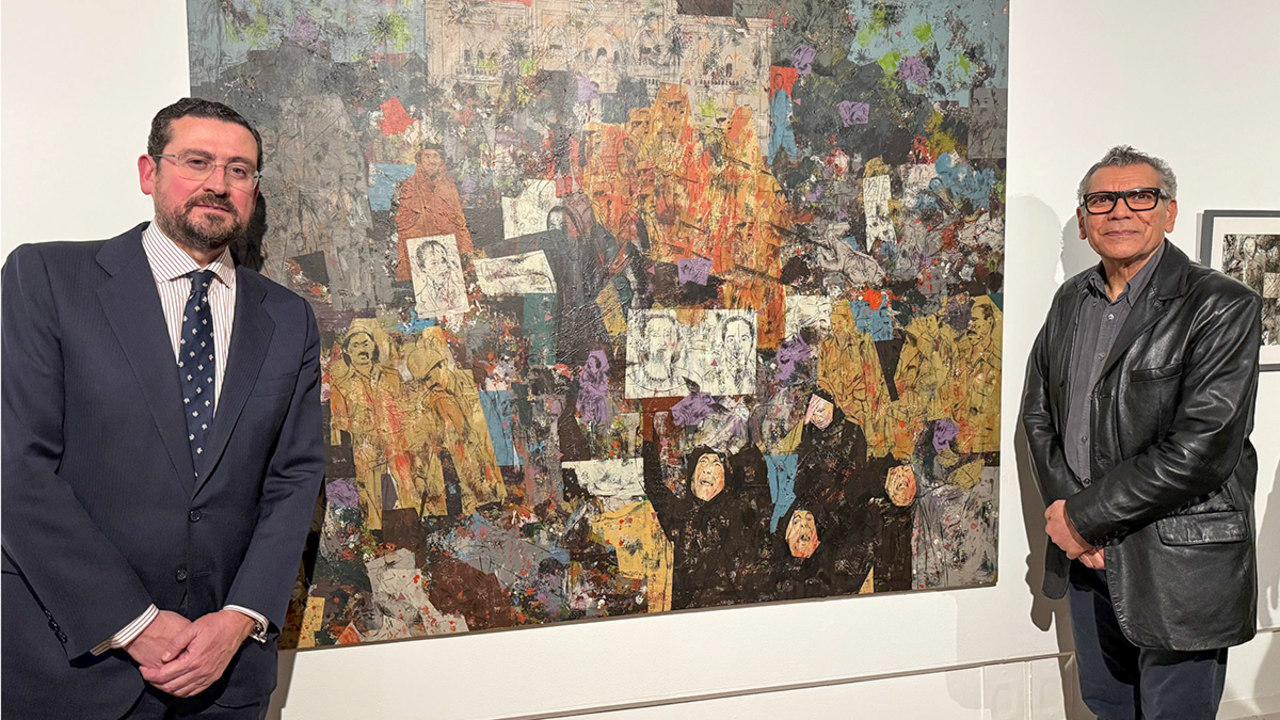Amkullel, the Fulbe child, by Hampâte Bâ

I have just finished reading the umpteenth beautiful book. It is "Amkullel, el niño fulbé", by Ahmadou Hampâte Bâ (Mali 1900 - Ivory Coast 1991), translated and published by Casa África, in which the author describes stages of his youth as if it were a summarised encyclopaedia on the recent history and customs of the Niger Bend.
The volume moves through multiple aspects of his life, in which he interweaves the evolution of the region's kingdoms, empires and lineages with stories that describe African idiosyncrasies with great sensitivity. His lines transport the reader through human scenes of a civilisation of nobility, loyalty, integrity, ancestral harmonies and the shared gesture of people from different ethnic groups who, even in the midst of common misfortunes, leave the mark of the many values that the West has definitively lost in order to become what it is today.
I first came into contact with the spirit of Hampâte Bâ several years ago when he was mentioned to me by a colleague in Senegal, the late journalist Saliou Traorè, a delegate of the EFE agency for most of his professional life in Dakar, to quote one of his most famous phrases, which suggests that when an old man dies on the neighbouring continent, a library becomes extinct. Bâ's maxim comes to represent the disappearance of the wisdom treasured by the elders as vehicles of the oral tradition inherited over millennia, and which makes them respectable and respected by black societies as an essential value of the culmination of the family.
On the other hand, the work of this storyteller and ethnologist has become a reference par excellence in African literature, combining the treasure of his African-charged experiences with Western literary orthodoxy in such a way that it is possible for the foreigner to understand and feel in depth the charm and virtues of the mythical history from which humanity emanated, with closeness, warmth and even healthy envy for the happiness with which, generally speaking, the native communities exist and succeed one another up to the present day.
The pages that Hampâte Bâ wrote to describe the environment of his childhood are moving because they provide evidence of a way of living and understanding nature that we Westerners remember without having lived them, in the same way that, when we set foot in Africa, something inside us claims us as Africans, as if we recognise ourselves under a millenary patina of dust, in a remote school or in some corner of any place we think we remember from the territory of our dreams.
"Amkullel, the Fulbe child" is a great prose poem that carries with it the epic of the everyday, the immense tenderness of a privileged mind and the testimony of multiple ways of expressing the reasons why the near continent is so different. It pushes us towards the greatness hidden beneath the sappy, primitive and off-centre window with which we Westerners tend to perceive African reality and, on the way, helps us to delve into another way of understanding life from a paradoxically new perspective, not without a certain attachment to the fine irony, the celebrated candour and the serene humour of those who do not abandon traditions or themselves.








